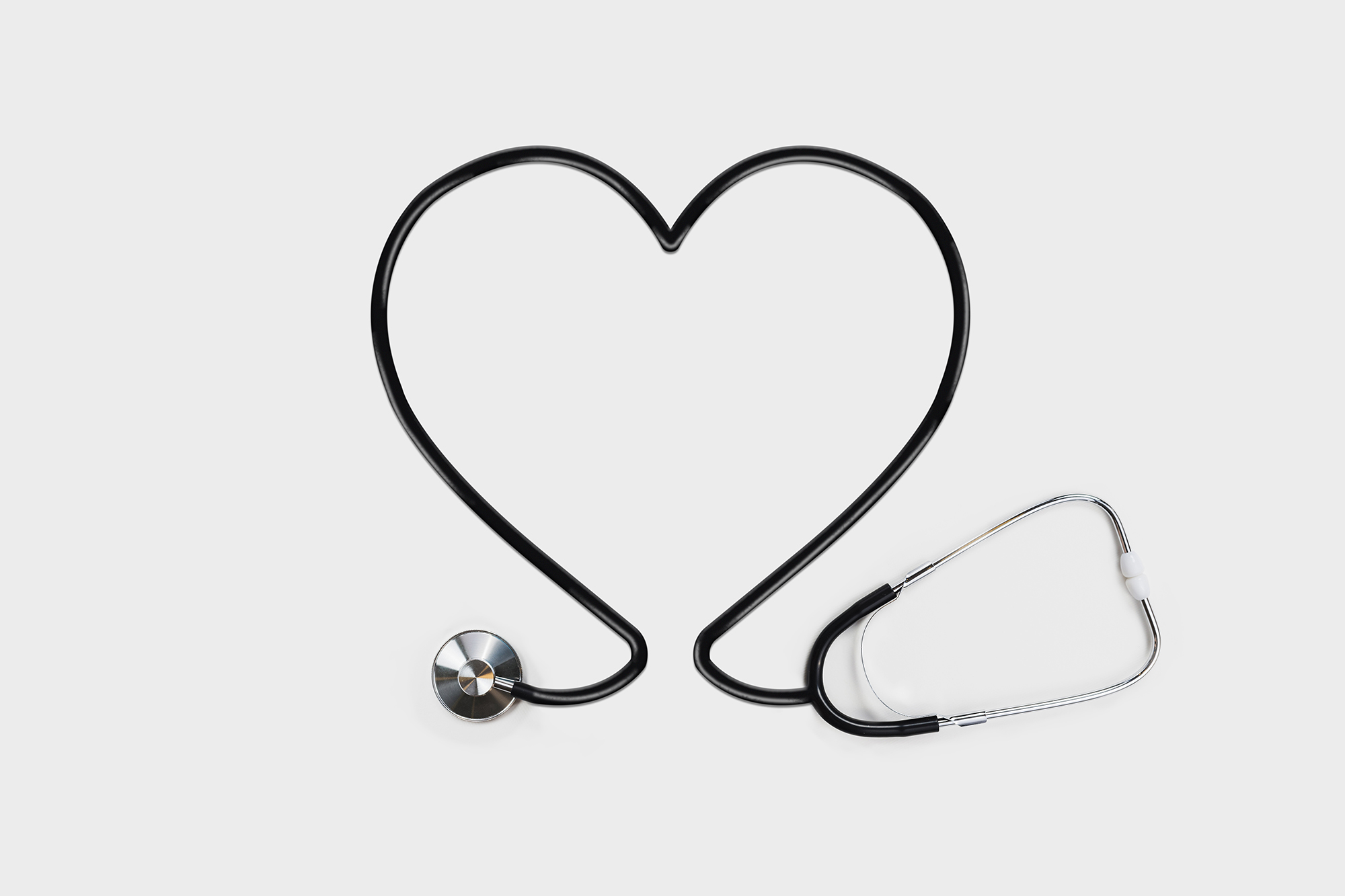In 2012 Ramón Estruch and its team wrote an important review paper that summarizes the main protective effects on the cardiovascular system and cancer resulting from moderate wine and beer intake due mainly to their common components, alcohol and polyphenols. Herein we summarize the main conclusions of this study.
Since ancient times wine has been closely associated with diet, particularly in Mediterranean countries, and for many years, moderate and regular consumption of wine has been associated with health benefits, with no scientific basis. However, over the last two decades, several studies around the world have demonstrated that intake of alcoholic beverages produces positive effects on antioxidant capacity, lipid profile and the coagulation system, that may explain the reduction in the risk of cardiovascular disease (CVD), overall mortality and other diseases observed in moderate drinkers. By contrast, alcohol abuse or binge drinking has undoubtedly been related to a large number of medical, social and work related problems (negative effects), including the development of alcohol dependence syndrome, several chronic diseases (liver cirrhosis, cardiomyopathy, encephalopathies, polyneuropathy, dementia) and accidents which eventually lead to death. Several cohort studies have pointed out that light-to-moderate alcohol consumers have an increased survival compared to abstainers.


